We spoke with Àlex Roca, Lluc’s father and promoter of Petits Superherois (Small Superheroes), an association of parents of children with centronuclear myopathies.
Àlex Roca’s life was turned upside down on July 8, 2013, the day Lluc was born. His son came into the world with myotubular myopathy, a very serious rare disease that very few children in Spain suffer from. Today, Lluc is seven years old and is a funny, curious, playful boy, his father explains.
Àlex and Glòria, the boy's mother, have had to work hard to provide for their son due to the healthcare gap suffered by the parents of children who suffer this type of illness, as in the end they are the ones who take on all the weight of caring for the little ones. Lluc requires constant attention and being connected to a respirator 24 hours a day.
For Àlex, therefore, working remotely is nothing new. Between alarms, wires and sophisticated and complex medical devices, he had the drive to set up Petits Superherois, an association of parents of children with centronuclear myopathies that aims to create a network of families, find a way to access therapies and trials and raise awareness of the disease. We talked to him about it.
The first question has to be: how is Lluc and how are you?
We’re holding on as best we can after 11 long months of confinement. We’re not complaining, because we do it for Lluc. And luckily, our confinement is pleasant enough: we have a garden and we can go outside. But, of course, now more than ever everything revolves around Lluc. He’s fine, but it’s true that he is isolated from everyone, from his grandparents, aunts and uncles, and friends. So he only sees our faces.
Confinement has not been easy.
The truth is that we were used to doing very little, and maybe the impact wasn't as strong on us as on other people, who suddenly found that they couldn't go to the movies or do the things they used to do. We, as a couple, have not been able to do any of this for seven years, because at least one of us has to be with Lluc, and preferably both of us. The more we’re at home, the better we manage. So we were already highly trained for confinement.
But now, for instance, you can’t have the same help from family members.
That’s true, we live next door to my in-laws, and they used to lend a hand every day, for example by bringing us lunch. Now they still do so from time to time, but not like before. Before the pandemic, they would also come and spend some time with Lluc every afternoon. Obviously, we had to be at home anyway, but that little moment of taking a break, of respite, is gone.
How is Lluc handling it?
Right now the biggest issue is that he has no contact with anyone, besides us. He used to go to school a few days, and now, obviously, he can't. He still takes classes remotely, but it’s not the same. In any case, Lluc is a child who has always adapted very well to his situation. Now we have video calls every day, with aunts and uncles, friends, and everyone we can.
Let’s talk about Petits Superherois, how was the association born?
When Lluc was born with myotubular myopathy, we thought for a long time that we were the only family in all of Catalonia in this situation. Following an interview I did on the radio, we were contacted by a family that was still in the hospital with their new-born son who suffers from myotubular myopathy, and this led us to meeting another family whose child is a little younger than Lluc, and another from Galicia in the same situation.
And from there you created the association.
That’s right. Before setting it up, all the interactions we had with laboratories, centres and researchers working on treatments for myotubular myopathy were always as individuals, as a family. We thought we would have a little more strength if we teamed up. This led us to meeting more families from the rest of Spain, and now there are almost fifteen of us.
For those who may be unfamiliar with the disease, what is myotubular myopathy?
It’s a disease that affects skeletal muscles. This means that the muscles are very weak, they don’t have enough strength to sit or walk, for example. Although it’s not the same with every child, in the case of Lluc he can’t hold up his head or blink.
But above everything else, the most serious effect is that all the muscles related to respiratory function and eating don’t work either. Therefore, most children need a tracheostomy, a respirator that breathes for them, a gastric button, and a nutrition pump, because they don’t have enough strength to swallow food.
You often explain this as an example.
Yes, let’s see if I can make it understandable: if we were to live on Jupiter, never mind that it’s impossible; the planet is much bigger, and its gravitational pull is very strong, so we would be lying on the ground, unable to get up. It’s a little bit like that. The muscles are so weak they can’t even exceed the gravitational pull of the Earth. This, of course, demands constant attention, 24 hours a day.
Myotubular myopathy is a very rare disease.
We know that at least 12 children in the country suffer from it. What happens is that we only know about the most serious cases. Myotubular myopathy usually occurs very severely, as in the case of Lluc.
Are there milder cases?
We don't know for sure, but we think there must be. Maybe they’re kids who have some difficulty walking, or adults who just have very little strength. This means it’s very easy to detect the most severe cases, but it’s difficult to identify the mildest ones, since many must be undiagnosed.
Petits Superherois only brings together parents of children with this disease.
Yes, the association is made up of parents of children between zero and 10 years old. It’s true that there are some children who are slightly older, but unfortunately it’s not usual that they reach this age, because the disease is so serious that few children make it that far.
What were the goals that led to the creation of the association?
Our main goal is to put pressure, to be a lobby of sorts that aims to achieve a treatment for the disease as soon as possible. There are currently two therapies underway, one of them is gene-based and clinical trials are already underway in the United States and a few European countries. So our main goal is to try to get these therapies brought here.
How do you do that?
Talking to labs and trying to add pressure so that tests can be done to treat the disease. Additionally, if this therapy hits the market, we know it will be very expensive, and we don’t want it to stay in a limbo where kids can’t access it because we can’t find anyone to pay for it. So we’re not so much a healthcare association that provides coverage at the level, for example, of offering physiotherapy, as many associations do. Our goal is to try to speed things up. It's not easy, and we're not succeeding 100%. It's a long-distance race.
Being such a rare disease, everything is more complicated in terms of visibility, information, access to therapies...
Yes, that’s why our second role is to try to make it possible for families of children born with myotubular myopathy to have someone who will inform them first-hand about the disease. This disease is so rare that, in many cases, not even the hospitals and doctors treating these children know it well.
This was the case with you as well.
Yes, when Lluc was born we felt very lost. We were in the neonatal ICU for four and a half months and didn’t know what the disease was. We only had information via the internet, and, as you know, if you do a search about a common cold on Google you end up believing you have cancer, so you can imagine, with such a serious illness, you see no future and no hope.
Finding people in the same situation must be a relief.
Yes, your perspective starts to change a bit. When this family who heard us on the radio contacted us, for them it was also like a beacon of light, because we sent them a lot of information. This is also what we do in the association, we meet regularly with families to report on how things are evolving, at the level of research and in general as well.
You also run fundraising campaigns.
You bet, that’s our third function. We’re building a fund to provide money for all the research that is underway, which is very hard. Before creating Petits Superherois, as a family, we had already done a few campaigns of this kind and donated the money to Myotubular Trust, a British foundation that is awarding a lot of research grants.
That’s another of the goals you pursue.
Yes, we’re very excited about the possibility of launching a research grant, and that’s what we’re working on. We know we need over 100,000 euros and we’re halfway there, we’re making progress. No one would have thought a few months ago that we would raise so much money.
You say you’re not a healthcare assistance association, but the gap that exists in this regard for families like yours is very large.
Yes, that’s our main claim. We’re in touch with associations from many countries, such as the United States, Chile, Germany and Poland, among others, and the common denominator in all these countries, absolutely all of them, is that they have the figure of the home nurse.
A home nurse who must know how to operate the devices that these children, like Lluc, need.
That’s right, we’re not talking about a caregiver service, we’re talking about nurses trained to operate these devices. What does an ICU nurse do? Basically, they make sure that devices such as respirators work, and if there’s an emergency, such as a blockage in the tracheostomy, they know how to replace them. This is what we’re asking for.
You say that the figure of the home nurse exists in other countries.
In the United States, the United Kingdom and Germany they have a 24-hour service with this type of nurse. In Italy they have a little less, in Poland even less, only about four hours a week, but here we have none, zero. This role doesn’t exist.
You must have moved heaven and earth to make it happen.
Yes, because it’s not right that all the healthcare responsibility should fall on the parents of the children who suffer this type of disease. We do it willingly, but of course, you have to motivate yourself to the maximum to learn how to use devices like respirators and all that. We’ve become nurses that are experts on a very complex disease. And what’s worse, you learn many of these things by trial and error.
With everything that can entail.
You can imagine. If suddenly there’s a blockage in the tracheostomy, you see that your child is suffering, that the saturation is plummeting, that his heart is starting to beat more slowly… and you’re there and you have to do something. Obviously you call for an ambulance, but it can take 10 minutes or more to arrive, and that’s too long. We've had tons of emergencies like this.
Luckily you’ve always known how to react.
Yes, we have, but there may be many parents for whom it might be too much to learn how to use these devices, just on a technical level. That’s why it’s so important to have this home nursing service. We’re not asking for anything outlandish that other countries don’t have.
Among other things, you have requested a meeting with Minister Carolina Darias. Did you get an answer?
No, we knocked on many doors, but it’s very hard. We talked to all the Catalan parties and the response was good, but the elections have stopped everything. Now we look forward to resuming conversations soon. We would like to be able to visit the Parliament and present our demands, such as the need for this home nursing service. And further ahead, hopefully one day we can have a law that provides assistance to children with such severe illnesses.
How can we collaborate with Petits Superherois?
Right now we’re open, above all, to donations through our website. We don’t spend any money because we’re an association that has almost no expenses, so we’re raising funds to try to exceed those more than 100,000 euros we need to launch a year-long research scholarship. That is now our goal.
If we don’t succeed, we’ll channel all this money through some other foundation so it will be used for research, such as Myotubulat Trust, which is our benchmark in the UK. If we ask for money for research, we want it to be used for research.

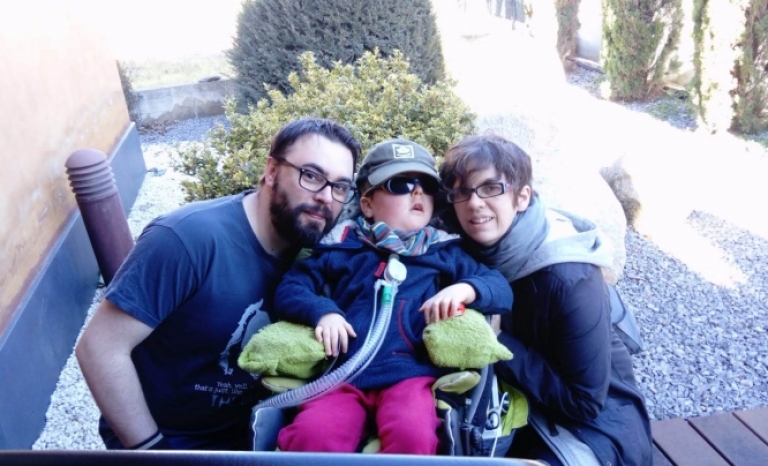
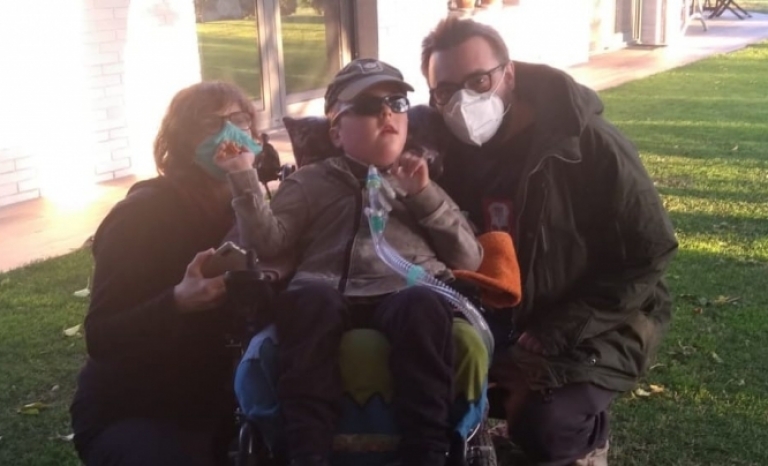
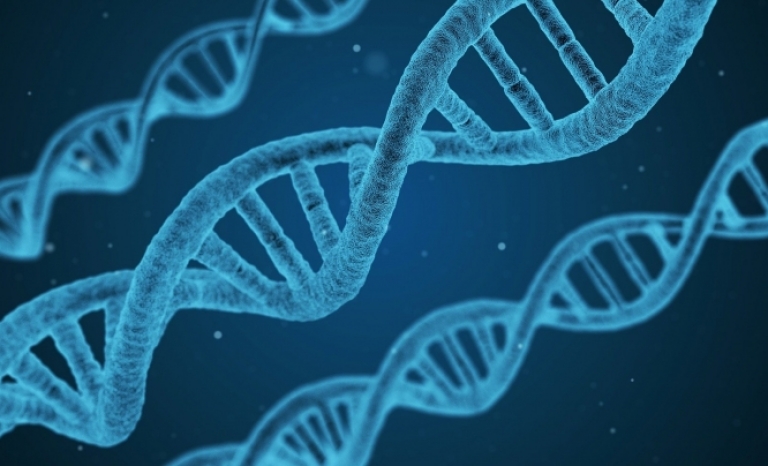
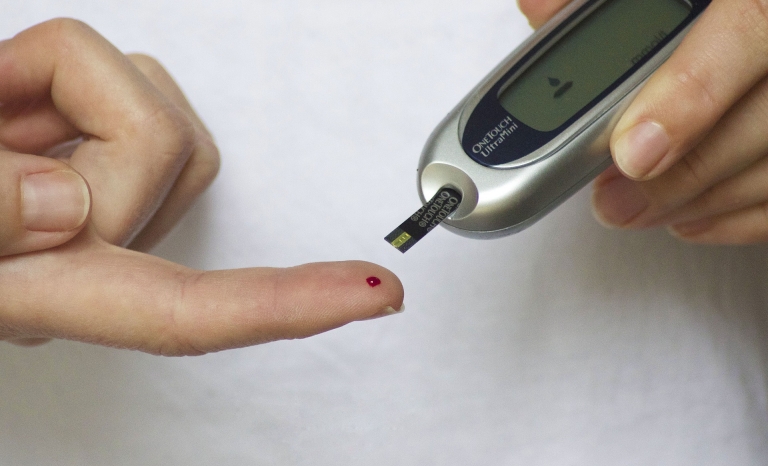
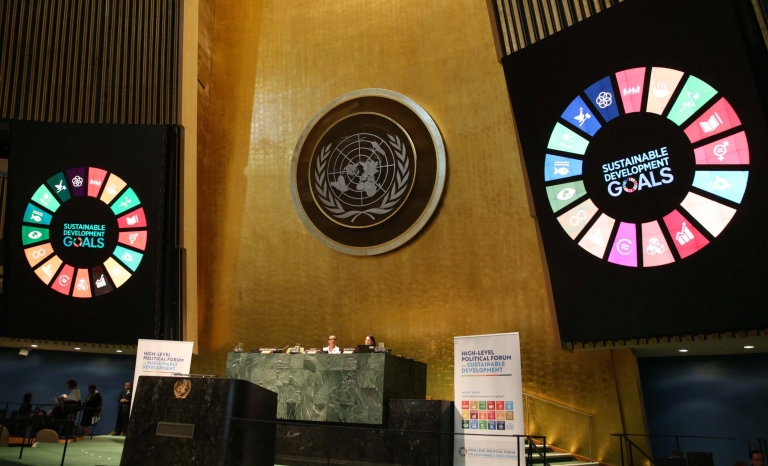
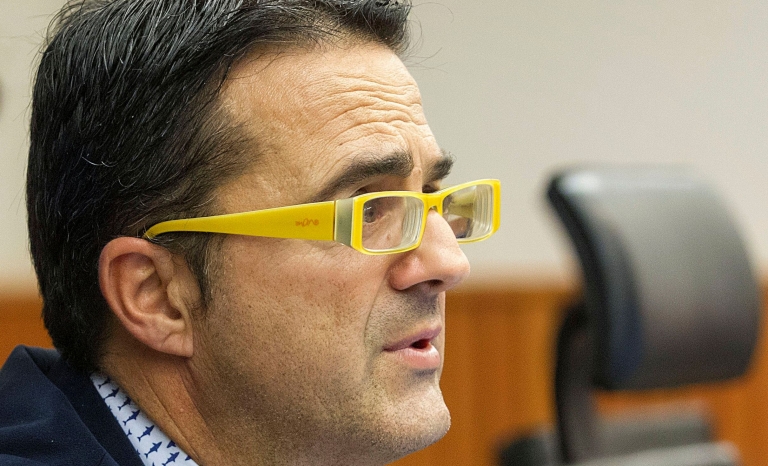
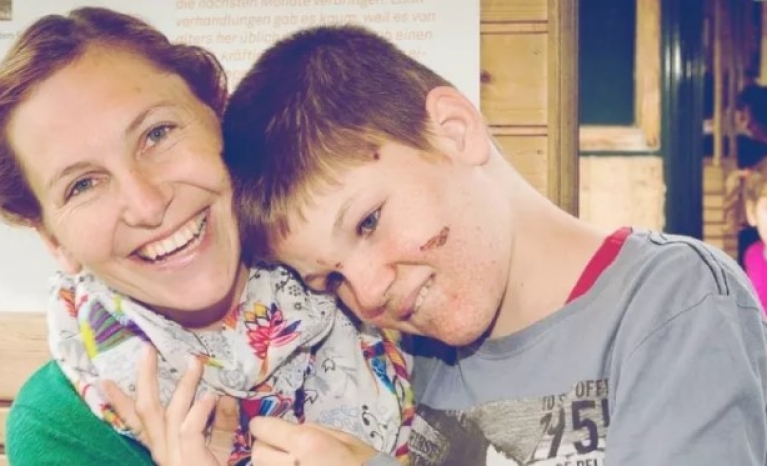



Add new comment